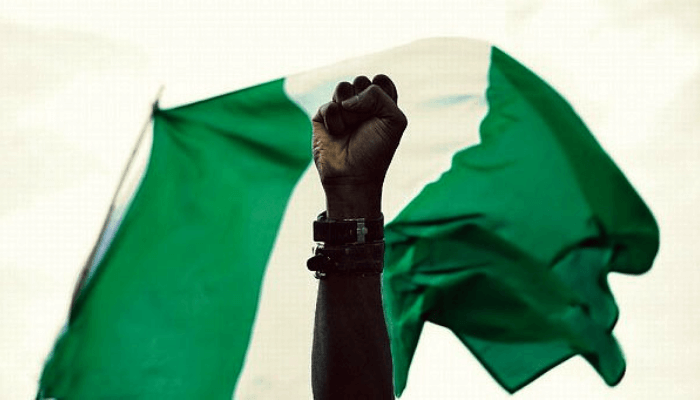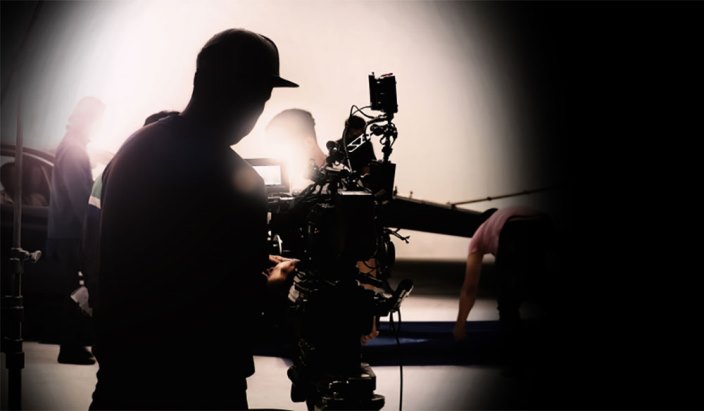The growing prevalence of diabetes, hypertension and large elderly population rapidly driving the number of patients developing end stage renal diseases (ESRD) in Nigeria is swelling new investment interest from savvy investors in the dialysis market worth over $69 billion with dialysis products accounting for $13 billion per annum which is still relatively untapped market.
With the number of dialysis patients in Nigeria put at over 18 million people and annual growth rate of 5 percent or more driven by aging population, obesity, hypertension and other chronic diseases, demand for this healthcare portfolio is huge with only 76 dialysis units set to serve the affected population size.
As private sector players operate only 34 out of the 76 dialysis units that are government-owned, Lagos alone accounts for 20 dialysis units (with 15 renal units privately run and 5 renal units government run), besides the two transplant units in Lagos State(1 private and 1 public).
While people with ESRD are required to undergo three dialysis sections a week (within a 3 to 4 hour period) at a cost of between N25, 000 and N 30, 000 per session, this leaves several patients with high out-of-pocket payment for healthcare services and at the mercies of family and well wishers.
Experts say the number of sufferers, which is about 10 percent of the population and mostly middle age Nigerians, is alarming for a country which depends on its productive young and middle age for development.
Industry watchers say this situation undermines NigeriaŌĆÖs quest to meet the 30 percent Universal Health Coverage target by 2015 which it set for itself with the present health insurance cover to serve only three to six dialysis sections per individual, leaving the patient to pay for the remaining 30 sessions worth over N900, 000.
Health experts say that the present dialysis cover for kidney patients is insufficient as huge financial burden is placed on the patient, unlike in the United Kingdom and United States of America where provisions are under their health insurance scheme to cover the huge financial burden.
Investigations show that┬Ā the Nigerian Association of Nephrology had made contact with the National Health Insurance Scheme (NHIS) to increase the cover beyond the three to six sessions as it still looks forward to the parastatals increasing it to a three months period
BusinessDay investigations show that increasing private investments, venture funding to support new product development and increasing adoption of new treatment modalities are some of the factors propelling growth of the dialysis products and services market.
The exponential growth and expansion of chronic renal failure in patients calls for more renal services, nephrologists and sophisticated dialysis machines and medicaments. Presently, there are over 100 nephrologists, over 200 renal nurses and technicians.
There are currently 76 dialysis units all over the country, with Lagos alone accounting for 20 dialysis units with majority (75 percent) being privately run. A breakdown of the distribution of renal units in Nigeria shows that Lagos has 20 dialysis units (5 public, 15 private) with 2 transplant units (1 private and 1 public).
┬ĀOther south west states have 10 dialysis units (7 public and 3 private) with 2 transplant units that are publicly run, Abuja have 8 dialysis units (4 private and 4 public) while the 11 Northern States have 14 dialysis units and 3 transplant units which are publicly run.
┬ĀThe South South States have 12 dialysis units (7 public and 5 private) while the South East States have 12 dialysis units (5 public and 7 private). However, these regions do not have any kidney transplant facility.








